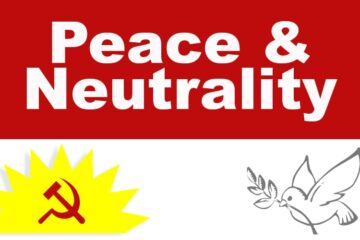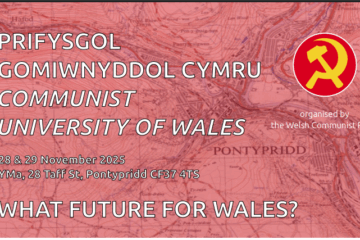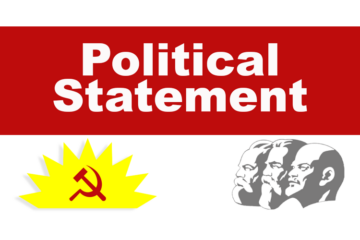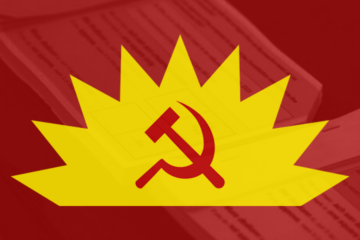16 July 2010
The announcement today by Bank of Ireland that it would be cutting its work force by 750 jobs over the next two years is clearly just the beginning. These job losses come in the wake of the thousands of jobs already gone from the financial services sector and at a time when Ireland is reporting record levels of unemployment—even though the experts tell us we are out of the recession!
What is clearly missing from the mainstream media and the establishment debate is a historical economic perspective that questions the role played by finance in the economic system of capitalism today. The same so-called economic experts (usually working for financial institutions) who informed public opinion before the collapse are brought out to propose solutions. Rarely, with a few notable exceptions, do they ask serious questions about the fundamentals that drive the economic system.
This critically necessary debate is being ignored or silenced by compliant media, media largely owned by the same people who profit from the present system.
Capitalism is a cyclical boom-and-bust system. The days of competitive capitalism are long over. Today a number of transnational monopolies operate, invest and create profits within all industries. This has a profound effect on the accumulation process and has led to the spectre of over-production and over-accumulation haunting the capitalist system.
The productive real economy has been in deep stagnation for some time. Profits globally from manufacturing and non-finance-related activities have been on the decline since the 1960s. Despite the increase in military manufacturing and spending, this deep-rooted stagnation (caused by the capacity of the system to over-produce and its failure to increase market demand) exists and will continue to exist, subject to no technological innovations on the scale of the railways or the automobile, which transformed society.
It is in this context that the system turned to finance to become the primary source of investment, capital creation and expenditure for working people and the basis of necessary growth in capitalism. It is important to note that this was not a conspiratorial coup by a number of bankers, nor was it an policy choice by governments: it was the only manner in which the system could avoid its dreaded and unavoidable problem of stagnation.
It is hard to pin down an exact date, but it is safe to say that for the last twenty years debt and speculative finance, with consequential bubbles in various sectors, have been the primary avenue for existing capital to be invested and the primary avenue of profit creation for the system. Wages have dramatically declined, with working people increasingly reliant on debt to survive or to enhance their quality of life. This process, often called the financialisation of the economy, is the key to understanding the actions of the Irish Government and the European Union.
The function of the so-called bail-outs is not the saving of personal friends of Fianna Fáil or politicians and shouldn’t be seen in that light, as it is far more systemic than that. For capitalism to function—to continue to exist—there must be a profitable avenue through which accumulated capital can invest. Finance, financial instruments and debt are that avenue. The bail-out is a required attempt at stabilising the system to enable the accumulation process to continue—to enable capitalism to survive.
This is an absolute necessity if one’s starting point and primary desire is the maintenance of capitalism, regardless of its human or environmental cost. However, if you are more concerned with jobs, families, quality of life, democracy, justice, and equality, then there is an alternative route to take. It is not reform of the system, because no reform can abolish the fundamental necessity of capital to re-create and accumulate and consequently its need for debt and financial instruments as this avenue—not reform but transformative.
By “transformative” we mean economic and social demands that challenge politically the economic system, that challenge the owners of capital and the control they possess over people and society, that mobilise working people to view an economic system as only a means by which society produces and distributes for all, and to judge the success of a system on this basis.
We believe that such an economic system can be built from the struggle of working people for dignity and respect under the present system. No blueprint can be provided, but the struggle against the massive redistribution of wealth from working people to capital is the starting point.
We propose as some demands for working people:
• the creation of a State Development Bank,
• planned investment to meet the needs of working people,
• control over our island’s natural resources,
• the utilisation of wind and wave energy, and
• the development of an all-Ireland economy, utilising local resources and talents.









